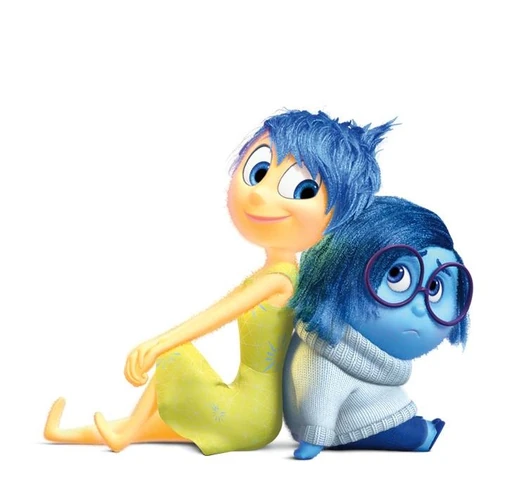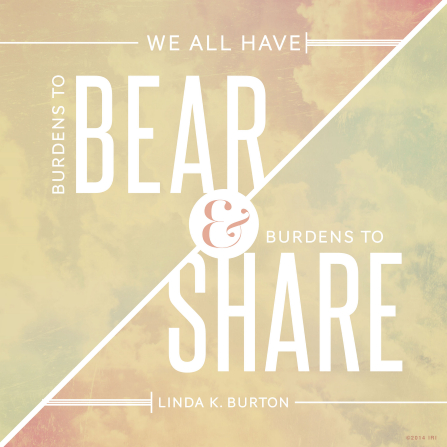Where do I start?! This little guy is our Bug. He just passed 30 months and has taken our little family of four on quite the ride the past 7 months. We also have Mom, Dad, and newborn Bear.
Let's first rewind to March. Bug's annual well-child appointment was coming up, and we knew the doctor was going to be asking about his speech. We talked about how he was slightly behind at his 18-month appointment, and we'd follow up when he turned 2. Here he was, a few weeks away from 2, and we knew he hadn't improved much. We sat and made a list of the words Bug had. We even included animal sounds. It was a very short list. We knew that at 2, he was supposed to be starting to use two-word phrases. We were so far from that.
Time for the appointment...the doctor said Bug is healthy and such a smart boy, but we should get a speech evaluation done. No problem, that can be done right across the hall at the children's rehab office. Hearing assessment done first - perfect hearing, like we thought. Bug loved the speech evaluation: he got to play the entire time. We did a lot of talking about Bug's behavior, habits, likes/dislikes, on and on, in addition to details about his communication. The therapists loved him.
After just a few days, we got the full report. We knew he was behind, the evaluation was just supposed to determine how far behind.
Severe mixed receptive/expressive language disorder. Definitely more far behind in expressive. Age equivalencies, percentile rankings, suggested treatment, good prognosis.
The two words that stuck out in the five-page report:
Severe. Disorder.
We couldn't believe those two words would be associated with our sweet, smart, adorable Bug. That's when the blaming started. Maybe we were doing something wrong, not doing enough, and that's why his speech was behind.
Luckily, we have a wonderful family who helped us get over that. It's nobody's fault that Bug is behind in speech. It's just something that happens to kids. Him needing speech therapy is not a negative reflection on our parenting. If anything, the fact that we were looking into therapy was a sign that we're being good, caring, supportive parents. All of us will work together to get him caught up.
Next up, a feeding evaluation. The speech therapist felt that with his very limited diet, we should get that done to see what was up. More guilt. Another report, this time six pages.
Significant feeding difficulties. He didn't have motor issues impeding his eating, just behavioral, and maybe sensory, so guess what? let's get that checked out, too.
Want to know something fun about insurance? When a child is delayed, without a medical diagnosis (like a chromosomal abnormality, physical disability, etc.), insurance doesn't have to cover treatment. They cover evaluations to a degree, so you can know what's up, but if a kid is
just delayed without a "good" reason, that means they'll catch up on their own!! You don't need therapy coverage if they'll eventually catch up!! (Sarcasm exclamation points.)
Back in February, a friend gave us the contact information for Early Intervention, a state agency that offers therapy services to every kid in the state who needs them. Since it's significantly cheaper (as in free, compared to hundreds of dollars per session) than private therapy, we needed to check them out. We were so worried that Bug wouldn't qualify, that he wouldn't have a strong enough need for their services.
Evaluation day for EI came one week after Bear's delivery. By that point, we knew exactly what questions they were going to ask about Bug's development, and what sorts of assessing they were going to do with him. We'd already done it all with the speech and feeding evaluations. We handed over those results. And, surprise, Bug was being cooperative and showing off all his strengths. It may sound weird, but we were hoping they would get at least a small glimpse in person of what his behavior can be like every day, instead of us looking like fools saying "he's not always this happy! or cooperative! he really does need help!". Finally, he lost patience and started melting down. Our service coordinator said "You all certainly need the help we can offer. You are the most patient parents I've ever seen. We'll make sure he qualifies, no matter what his tests right now say."
The EI evaluation left us feeling nothing but relief. We were finally going to get Bug the therapy he needed, and we'd get the tools we need to help him be happy, healthy, and developing as he should. EI planned to get Bug an occupational therapist, who would work on feeding and also assess his sensory needs, and a speech therapist, who would work on developing his language skills.
We had the feeling that maybe his sensory needs were the root of many problems, and we were able to get in a last-minute opening with a private OT to do a sensory evaluation. Why not, the more we know about what's going on with Bug, the better. No big blows with those results, Bug definitely has
sensory processing disorder. This is all along the lines of what our EI OT found, and what we had guessed after lots of Googling and reading.
Through Mom's work at schools, she was able to work with some special-needs kids. Inevitably, she'd get a question from one of the other students, something like "Why doesn't he have to sit and do this activity? Why is she doing that, I thought it was against the rules?". Her go-to answer was always "His brain just works differently than mine and yours. He needs different things." Kids are amazing, and most of them, of a variety of ages, understood and accepted this explanation.
Bug's brain works differently than Mom's, and Dad's, and Bear's, and that other kid who is his age and talks in full sentences. That's just how he is. We have learned now, more than ever, just what that means. It means we have to change the way we act and parent and teach him because his brain
just works differently. It's
different, it's not
wrong. We won't lie and say it's easy, because it's the hardest thing we've ever done. But it's worth it, because we love our family more than anything.






